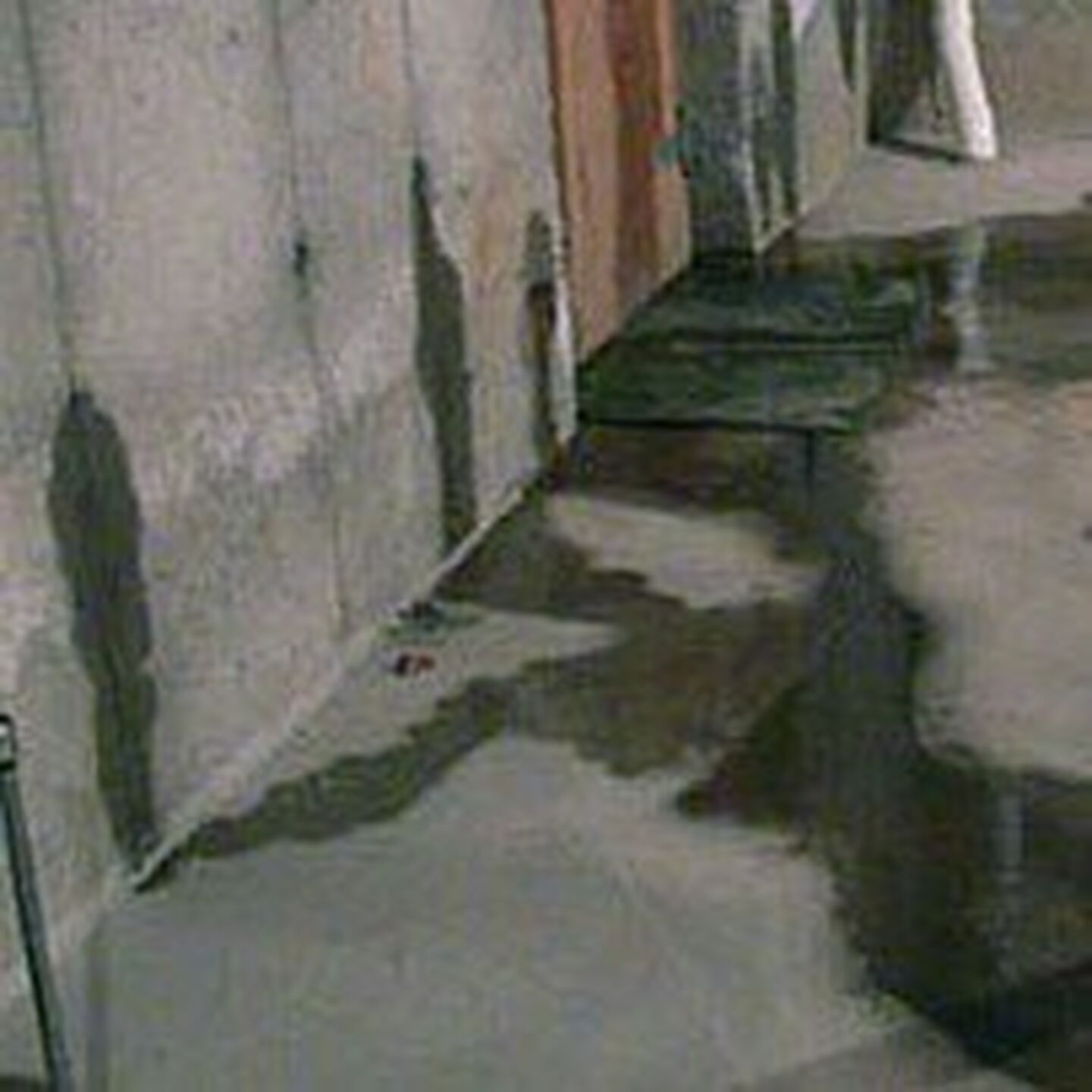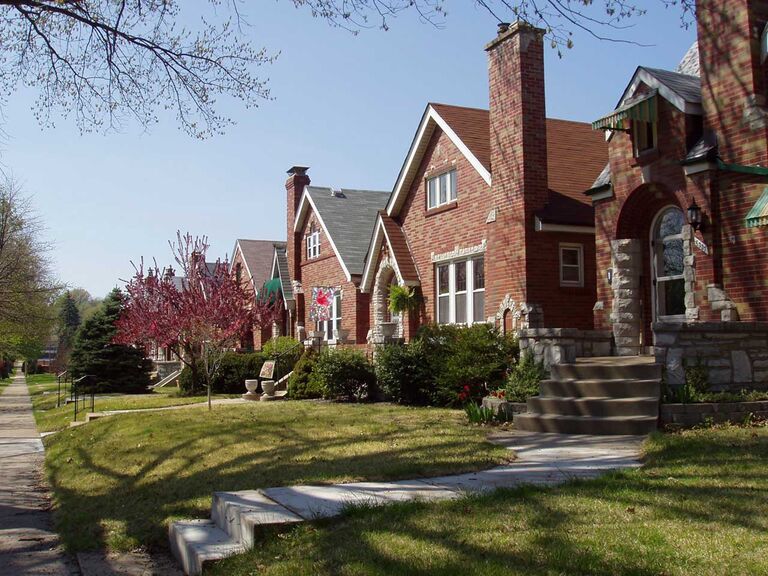Chicago Basement Walls – How Do They Leak?

The craft of building houses has evolved in the United States as technology has changed and different construction materials became available.
Back in the old days, one built a house out of whatever materials were available locally. In parts of the country where rocks were abundant, stone houses sprang up. Lots of trees meant wood frame houses, if there was a lumber mill or skilled craftsmen in the area. If not, as in the regions of westward expansion, homes were built of entire logs.
The foundations of these homes were built the same way. Lots of rocks meant stone foundations. As civilization and industry spread brickyards provided foundation material. Further industrialization brought concrete plants for poured concrete construction and, later, concrete block.
In the Chicago area, add something called telephone tile to the mix of foundation materials. Originally used to build underground conduits for telephone wire, these rectangular, webbed terra cotta blocks can be found under older homes, mostly to the north of the city.
Regardless of the materials used or the method of construction, any foundation can develop seepage problems. Of course, the sources and locations of leaks will differ among materials.
How Do Different Construction Materials in Chicago Basement Walls Allow Seepage?
Because home construction dates back a long way in and around Chicago, area homes are resting on just about every type of foundation there is. Some, however, are more prevalent than others.
Poured Concrete — By far the most common type of foundation in the Chicago area is one of poured concrete. These foundations are monolithic (in one piece) and that makes them stable and eliminates opportunities for seepage through joints. The most common source of seepage in a poured concrete wall is a non-structural crack that is caused by minor foundation movement or settling. Also, poured foundations can develop porous spots that allow water to seep through. Systems such as water, electricity and HVAC require openings in the concrete for wires, ducts and pipes and seepage can occur around these openings, as well as around windows and doors. In addition, poor grading or exterior construction can lead to water entering over the top of the foundation.
Concrete Block – Sometimes called “cinder block,” concrete blocks are hollow masonry units formed of concrete that are laid in a running pattern with mortar, much like brick, to form foundation walls. Concrete block construction goes up fast and provides a stable foundation and is commonly found in northwest Indiana and the Milwaukee area more than in Chicago. Concrete blocks are more porous than poured concrete and can also retain water inside the hollow area and can admit seepage that way. However, the most common spot for water intrusion is through the mortar joints between blocks, particularly as age and foundation movement cause them to crack and deteriorate.
Other Masonry – Like concrete block, the other, less common types of foundations found in the Chicago area – stone, brick and telephone tile – are set with mortar to form basement walls. All of these materials are porous to varying degrees, ranging from unglazed clay brick through glazed telephone tile to stone, and can admit seepage that way. Also like concrete block, the mortar that bonds these masonry walls is subject to cracking and deterioration and is the most common source of seepage.
Of course, any Chicago basement wall can leak because of hydrostatic pressure that forces water through cracks in the floor or the cove joint. Clogged or missing window well drains and poor exterior water management will also lead to seepage.
No matter what type of construction, foundation materials or the source of a wet basement, Chicago homeowners need the assistance of a full-service professional basement waterproofing contractor when their basements begin to leak. At U.S. Waterproofing, we’ve been stopping water from coming through Chicago basement walls since 1957 and we have a list of more than 300,000 satisfied customers to attest to our work. Why not ask for our free advice?




